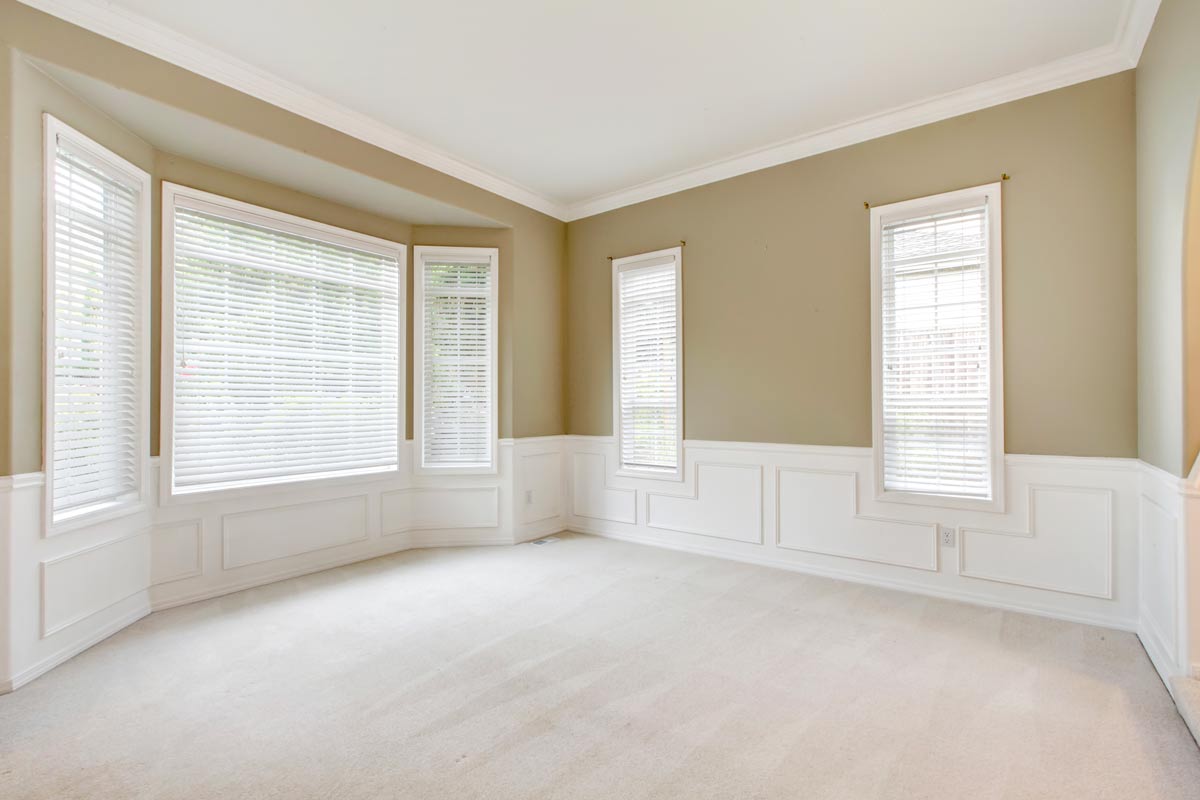
Why do you need a specialist type of insurance – unoccupied property insurance – if your residential or commercial property is going to be left empty and unoccupied for longer than, say, a month or so?
Essentially, the reasons are threefold:
- when the property is empty, any incident normally managed by immediate repair or maintenance might develop into a major incident – causing far more loss and damage – if there is no one on the premises to report the problem;
- an empty property also attracts a disproportionate amount of attention from unwanted elements such as squatters, thieves, arsonists, vandals and other illegal intruders – guidance published by the British Security Industry Association (BSIA) highlights the heightened risk from such illegal activity; and
- in response to both these heightened sources of risk, insurers – of residential, let and commercial property – typically restrict or consider insurance cover to have lapsed altogether once the premises have been unoccupied for a given number of consecutive days (within the range of 30 to 60 days, depending on the particular insurer).
For these reasons, you might want to consult a specialist provider of unoccupied property insurance – such as those of us here at Specialist4Property – to restore the protection that your property needs when it has to be left empty or unoccupied.
What does it cover?
Essentially, the empty property insurance you arrange, puts back the cover that typically protected the premises when they were occupied and in normal use by the owners or their tenants.
This includes protection for the structure and fabric of the building itself against such potentially devastating events as flooding, storm damage, fire, impacts, vandalism and theft. The level of cover is generally determined with reference to the worst case scenario in which the building is a total loss and needs to be completely reconstructed.
Whether you own residential or commercial property, or are the tenants of either, you may also need cover for the contents which are there when you are no longer occupying the premises. That is also one of the functions of unoccupied property insurance.
As the owner of the property, you also continue to owe a duty of care to anyone entering the premises, neighbours or passing members of the public. That means taking every reasonable precaution to prevent their being injured or having their own property damaged. And that extends even to people who may have entered your property illegally.
The risks are illustrated by a story published in the Grimsby Telegraph on the 15th of November 2016, when vagrants entered a property and started a blaze that gutted the abandoned home. An unoccupied property such as this might be a deathtrap, the local Fire and Rescue Service was reported as saying – and the property owner may be held liable for any such death.
Indemnity against such claims is typically provided by your unoccupied property insurance – with cover usually providing a minimum of £1 million of indemnity.
There are occasions, of course, when you simply do not know just how long your property is going to be empty, so unoccupied property insurance is typically sufficiently flexible to allow extensions as and when the need arises.